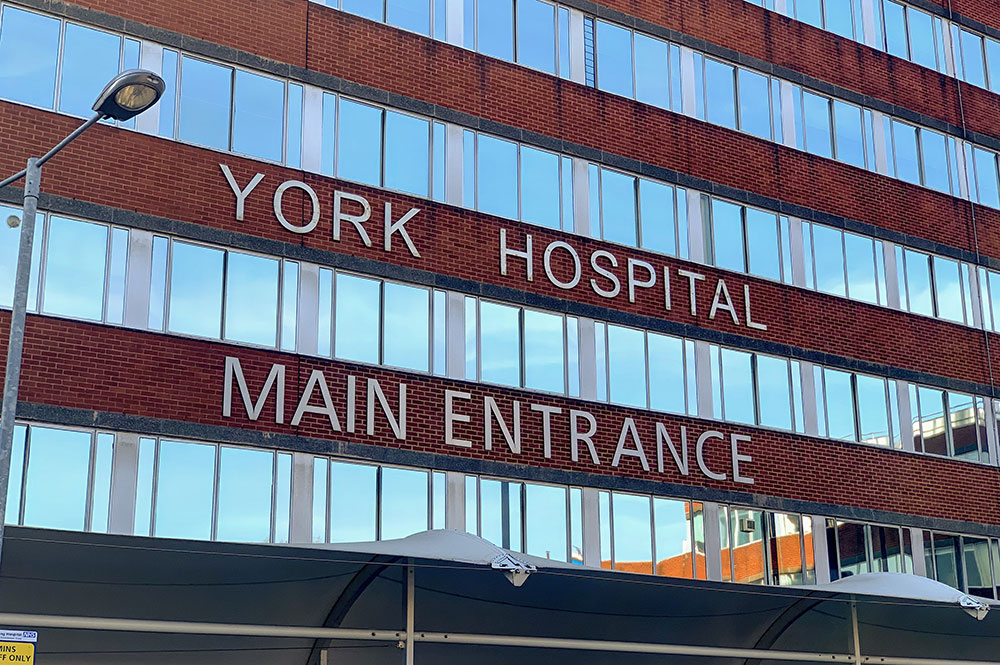Nearly one in four hospital staff has been harassed or abused by a patient in the past 12 months.
York hospital bosses are looking at what they can do to improve staff safety both at work and on journeys to and from hospital sites.
This could include extra lighting in car parks, bike sheds and on footpaths, as well as efforts to make it clear how staff should be treated.
Safety has become a priority following reaction to the Sarah Everard case, David Watson from the York and Scarborough Teaching Hospitals NHS Foundation Trust board of directors told a meeting.
He said: “We are looking at what we can do to enhance the safety of our staff, both at work and where we have some control on their commute – lighting of pavements between a car park and hospital premises, if there are cycle racks we will look at what can be done to make those safer.
“I think it’s an important issue for our staff.”
Abuse from colleagues

Figures show that 23.5 per cent of the trust’s staff experienced harassment, bullying or abuse from patients in the past year – throughout the pandemic.
Polly McMeekin, hospital director of workforce, added that 3.5 per cent of staff also reported harassment, bullying or abuse from colleagues. She said this is an improvement on previous levels but higher than the average.
She added: “There’s certainly more that we can do. I think trying to be explicit about how we expect our staff to be treated is one area. We do that well in the emergency department but perhaps less well in other parts of the organisation.
“We are also looking at better lighting in dark car park areas and how we can support staff when we are all back to using more public transport.
“We are supporting colleagues to manage acute medical wards where patients may have, for example, dementia. We also speak about where staff have been subjected to potential violence and we take those on a case by case basis.”
Susan Symington, chair of the board of directors, said she was pleased that the issue of staff safety had been prioritised and steps are being taken to improve security.
Nearly a third of employee sickness at the trust is down to mental health, the meeting also heard.
Extra support for staff is being rolled out.
A report says: “There has been a very slight decrease in the number of absences due to mental health in January.
“Although with a recorded absence rate of 28.8 per cent, mental health continues to dominate the primary reason for absences across the trust. The trust continues its programme of interventions to support staff mental health and wellbeing.”
